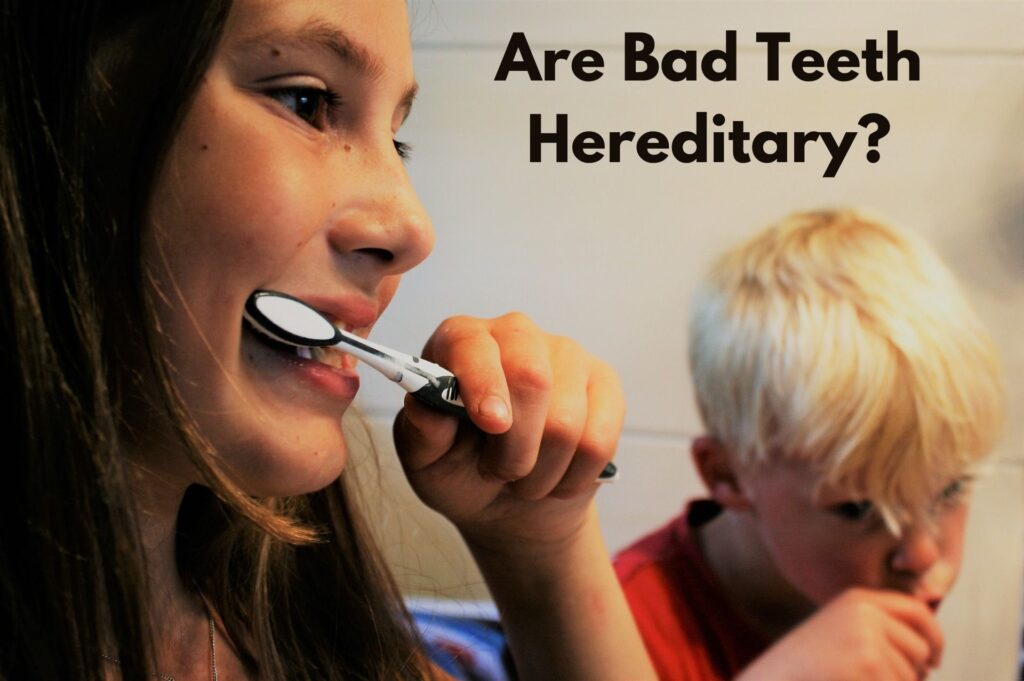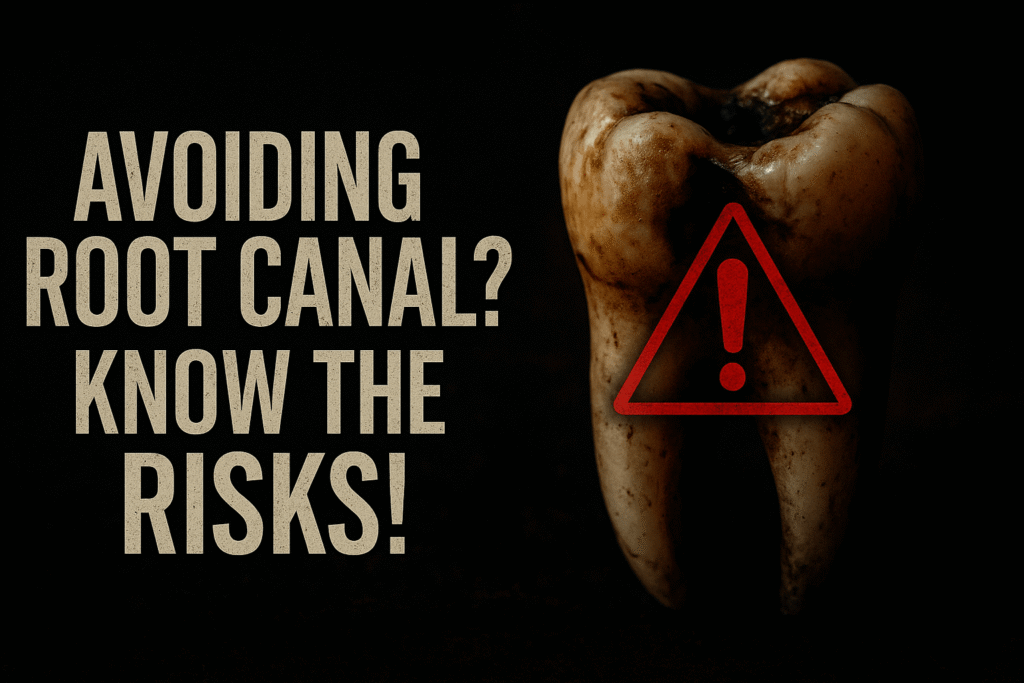
Did you know that 45% of adults suffer from ear pain linked to wisdom teeth? This issue is surprisingly common yet often overlooked. Wisdom teeth, the troublesome third molars, typically erupt during your late teens or mid-thirties. While some may come in smoothly, others can become impacted or stuck, causing discomfort that extends beyond the jaw. Here’s something you might not expect: these mysterious teeth can trigger ear pain too! The proximity of wisdom teeth to the ear canal and nerves surrounding it means that pain from your teeth can often radiate into your ear, leading to aural woes. Understanding why this happens and being able to recognize the symptoms is key to finding relief.
Once you know the signs, you can try simple at-home remedies to relieve the discomfort. If the pain doesn’t go away, however, it’s best to seek professional treatment to prevent more serious issues.
Understanding the Link Between Wisdom Teeth and Ear Pain
If you’re experiencing wisdom teeth-related ear pain, you’re not alone. This discomfort often stems from the close proximity of your wisdom teeth to the ears, causing inflammation and discomfort. As third molars, these teeth typically erupt in your late teens or early twenties, and their location at the back of your mouth can put pressure on the temporomandibular joint (TMJ), which connects your jawbone to your skull. When wisdom teeth become impacted, meaning they don’t fully emerge through the gums, they can cause pain that radiates to the ear. This happens because of shared nerve pathways that lead to referred pain, where the pain is perceived in a different location than the actual source.
In addition to the pain, impacted wisdom teeth can trap food and bacteria, increasing the risk of infection and causing further swelling. If left untreated, this infection can spread to the nearby ear, worsening the pain. Gaining an understanding of how these teeth affect your ear can help in managing the pain and addressing the root cause, which will be explored further in the next section.
Recognizing the Common Symptoms of Wisdom Teeth-Related Ear Pain
When it comes to wisdom teeth-related ear pain, it’s important to accurately determine the cause. Identifying the telltale signs can help you get the right treatment in time. Here are some common symptoms you may experience if your earache is caused by emerging or impacted wisdom teeth:
-
Persistent or intermittent earache, often described as a dull, throbbing pain that can radiate to your jaw, neck, or throat.
-
Heightened sensitivity to hot or cold.
-
Difficulty opening mouth due to swelling or tenderness around the jaw.
-
Redness or warmth in the gums surrounding your wisdom teeth.
-
Difficulty swallowing, especially if swelling is severe.
-
Pain triggers that may vary, such as chewing, opening your mouth wide, or consuming cold drinks or food.
-
Bad breath caused by food debris trapped around impacted wisdom teeth.
These symptoms may manifest differently in each individual, so it’s important to watch for these signs if you suspect an issue with your wisdom teeth. If the pain persists or worsens, it’s best to consult a dentist to rule out any serious complications. Early dental intervention can help alleviate discomfort and prevent further issues.
Can Impacted Wisdom Teeth Cause Ear Pain?
Yes, wisdom teeth can definitely cause ear pain. The proximity of your wisdom teeth to the ear canal and the surrounding nerves makes it a very real possibility. When these teeth become impacted or infected, they can lead to discomfort that radiates into the ear, especially if the affected teeth put pressure on the jaw joint (temporomandibular joint, or TMJ). This pressure can cause inflammation and swelling in the area, which might also trigger referred pain — when pain from one source is felt in another area.
Here are some signs that your ear pain may be related to impacted wisdom teeth:
-
Radiating pain from your jaw or teeth that extends to the ear.
-
Inflammation and swelling around the affected teeth or jaw joint.
-
Pressure in the mouth or jaw that feels like it’s moving toward your ear.
When wisdom teeth cause pain that radiates to the ear, it’s usually a result of pressure on the nerves or tissues near the ear canal. If you’re dealing with these symptoms, it’s essential to seek treatment to address the underlying issue and pre vent the pain from worsening.
How to Identify If Your Tooth Is Causing Ear Pain?
Earaches can have various causes, and it can be tricky to figure out whether your wisdom teeth are the culprit. However, there are several key indicators to help you differentiate wisdom teeth from other potential causes of ear pain:
-
Accompanying symptoms like jaw pain, swelling, or difficulty chewing could point to an issue with your wisdom teeth.
-
If the pain is concentrated near your jaw and radiates to your ear, it may strengthen the case for wisdom teeth involvement.
-
Swelling or tenderness around the jaw can also be a sign of impacted wisdom teeth, which can cause discomfort that radiates to the ear.
To get a clearer understanding, it’s essential to visit a dentist who can examine the surrounding tissues and use X-rays or imaging tests to determine if your wisdom teeth are indeed the source of your earache. A dental professional will help confirm if impacted wisdom teeth are causing the pain.
Simple Home Remedies for Immediate Relief
If you’re experiencing ear pain due to wisdom teeth, there are some home remedies you can try for immediate relief. These natural remedies can help with pain management without relying on prescription medication. One effective method is using a warm compress on the affected area. The heat can reduce inflammation and ease discomfort. Simply soak a cloth in warm water, wring out the excess, and hold it against your ear for about 15 minutes.
Another remedy is clove oil, known for its pain-relieving properties. You can gently dab a cotton ball soaked in clove oil on your jaw or ear, avoiding the ear canal. Additionally, saltwater rinses can be beneficial for managing discomfort. Mix half a teaspoon of salt with warm water, swish it around your mouth for 30 seconds, and then spit it out. If the pain persists, over-the-counter pain relievers can offer temporary relief, but they won’t cure the underlying issue. If symptoms persist or worsen, it’s important to consult a dentist for professional help.
Medical Treatments for Ear Pain Caused by Wisdom Teeth
If home remedies don’t cut it, it might be time to consider professional medical treatments for your ear pain caused by wisdom teeth. There are a few primary options your doctor may recommend to alleviate the discomfort and provide a lasting solution:
-
Surgical interventions like wisdom tooth extraction are often recommended if the wisdom teeth are impacted. An oral surgeon will typically perform this procedure after assessing the position of your teeth with X-rays and reviewing your medical history to ensure you’re prepared for anaesthesia.
-
After surgery, post-surgical care will focus on pain management and swelling control to ensure a smooth recovery.
-
If surgery is not necessary, your doctor might suggest medication options for immediate relief, including over-the-counter analgesics such as NSAIDs, like ibuprofen, or acetaminophen. For more severe pain, prescription medications or stronger pain relievers may be recommended.
-
If there is an infection, your doctor may prescribe antibiotics to prevent it from spreading.
It’s important to consult a healthcare professional who can help you weigh the risks and benefits of each treatment option and make an informed decision based on the severity of your symptoms.
Preventing Future Ear Pain from Wisdom Teeth
To prevent future bouts of ear pain caused by wisdom teeth, it’s crucial to take proactive steps in managing your oral health. Using pain management techniques like over-the-counter pain relievers or a cold compress on the affected area can help alleviate residual pain. Incorporating relaxation techniques can also reduce stress that may trigger recurring pain.
In addition to these at-home remedies, make dental check-ups a priority. A dentist has the skills and tools to detect early signs of potential complications with your wisdom teeth. If you’re prone to infections, they might recommend preventative measures, such as antibacterial mouthwash or a specific brushing technique. By staying on top of your oral health, you can help prevent referred pain that may indirectly lead to ear pain in the future.



